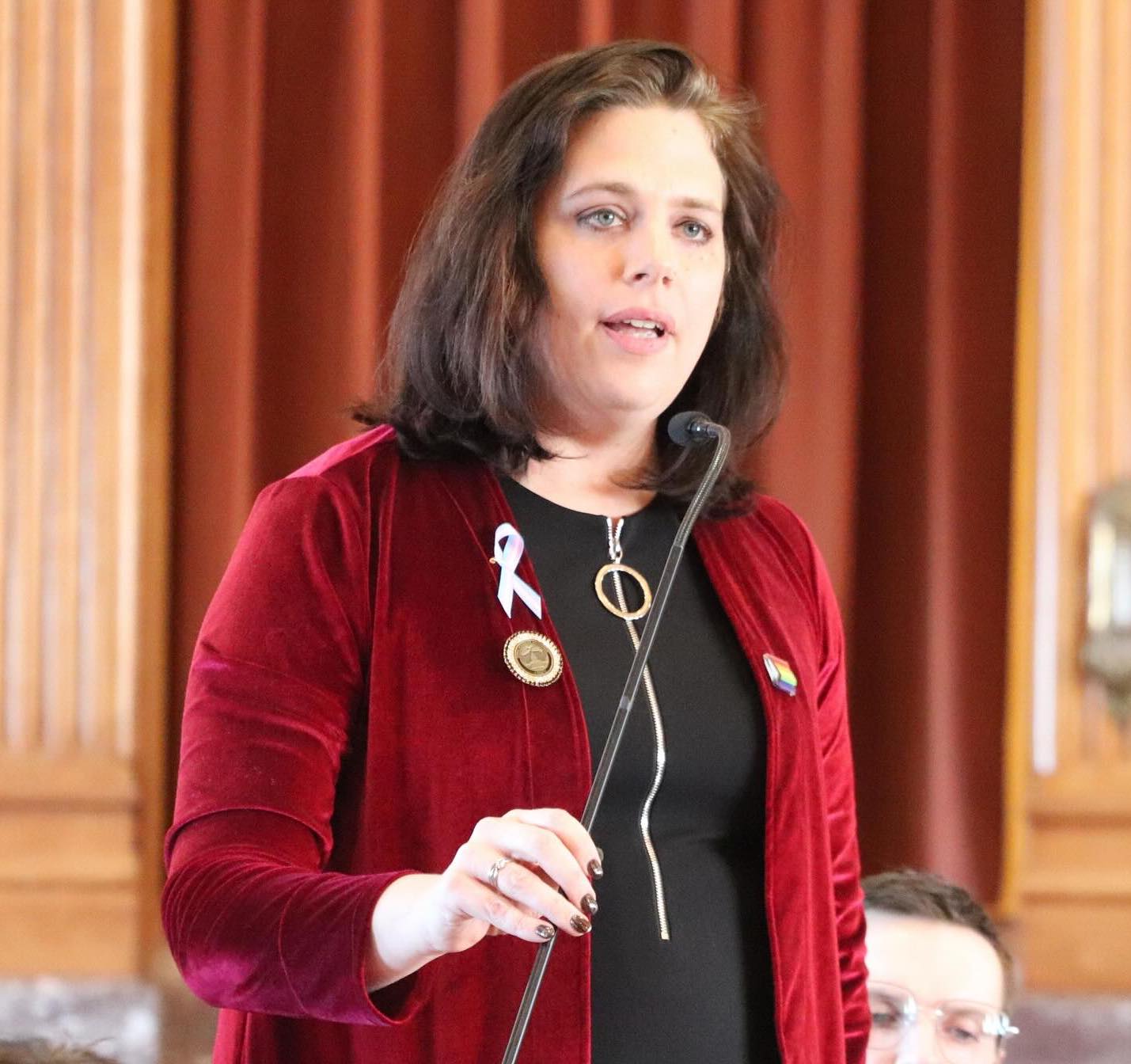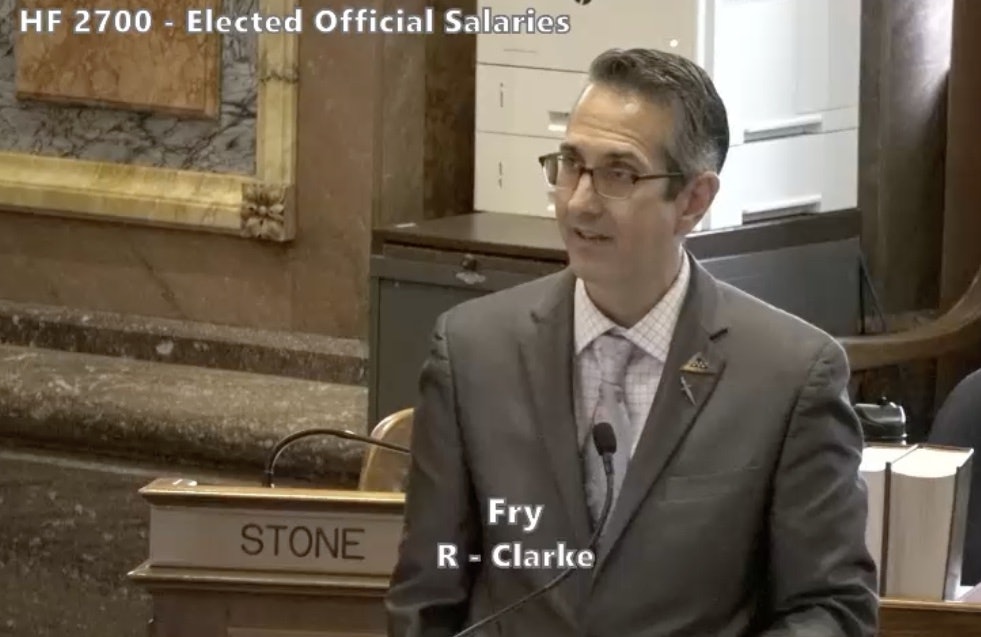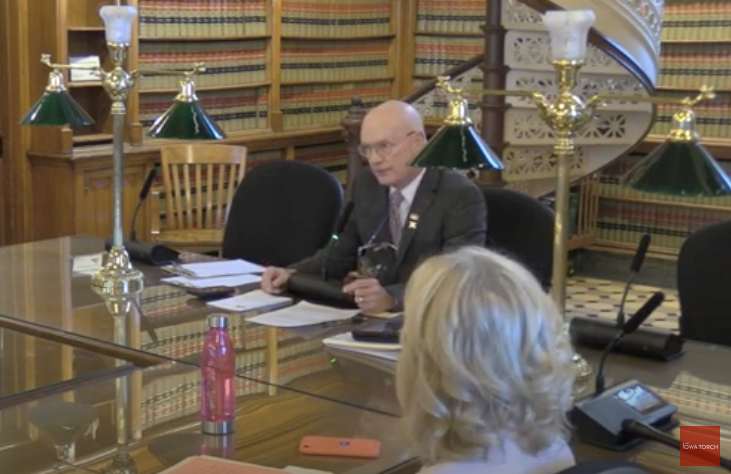Second in a series on Iowa’s wide-ranging law that removed legal protection against discrimination for transgender and nonbinary Iowans, as well as any path for the state to officially recognize their gender identity.
Iowa Republicans made history in the worst way last week.
Effective July 1, 2025, the Iowa Civil Rights Act will no longer prohibit discrimination in employment, housing, education, public accommodations, or credit on the basis of gender identity. The state of Iowa also will stop issuing birth certificates that reflect a transgender person’s gender identity, and will officially recognize separate-but-equal accommodations as lawful.
Republicans sped up the legislative process to pass Senate File 418 in both chambers on February 27, only seven days after the bill text became public.
The Iowa Senate approved the bill on a party-line vote of 33 to 15. Less than an hour later, the House passed the bill by 60 votes to 36, with five Republicans joining all Democrats in opposition. Governor Kim Reynolds signed Senate File 418 on February 28.
Forthcoming articles will analyze this law’s impact on Iowans and the inevitable court challenge over some potentially unconstitutional provisions.
For now, I want to highlight a selection of compelling appeals the majority party ignored: six from Iowans whom this law will directly harm, and six from allies of the trans community.
All of the videos enclosed below came from either the floor debates or the Iowa House public hearing held on the morning of February 27. It was very hard to choose just a few testimonies. You can watch the entire public hearing here or here, the full Iowa Senate floor debate here, and the Iowa House debate here.
Continue Reading...






























